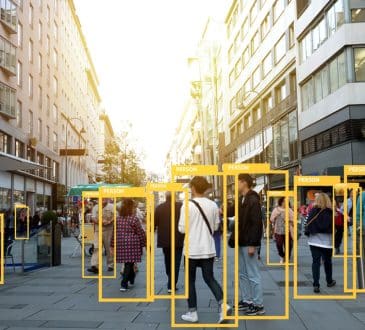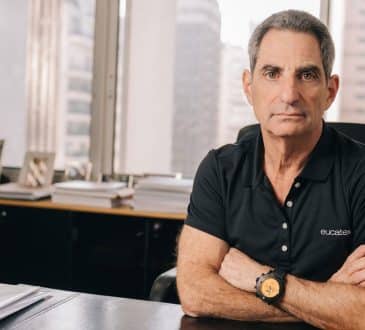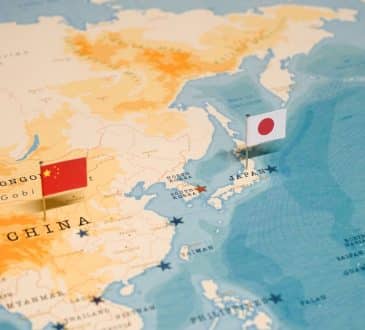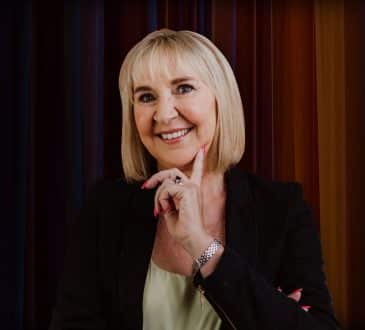Indian CEOs in Industrial Manufacturing and Automotive Navigate AI, Sustainability, and Workforce Shifts

A recent survey of 240 industrial manufacturing (IM) and automotive CEOs revealed cautious optimism about global economic prospects, with 74% expressing confidence in growth potential. Despite challenges such as economic uncertainties, supply chain disruptions, and workforce transitions, 80% of respondents anticipated positive outcomes for their respective industries.
The KPMG 2024 CEO Outlook highlighted economic instability as the top concern for two-thirds of the surveyed leaders, followed closely by the adoption of generative AI and the management of geopolitical challenges. CEOs were reported to be actively implementing AI technologies to streamline operations while simultaneously addressing ethical and regulatory challenges associated with AI adoption.
Generative AI emerged as both an opportunity and a challenge. While 63% of automotive CEOs prioritized investments in AI, 68% of IM CEOs adopted a more reserved stance. The complexities of implementing AI, such as regulatory hurdles and high costs, were highlighted as significant concerns. Many CEOs called for regulatory frameworks comparable to those addressing climate change to ensure a balanced approach.
AI integration across business functions varied, with IT departments leading adoption at 60%, followed by sales and marketing at 57%. Automotive leaders increasingly applied AI in manufacturing (50%) and research and development (40%). Despite these advances, 74% of CEOs believed AI would not drastically reduce job numbers but stressed the importance of workforce upskilling and reallocating resources to maximize AI’s benefits.
Workforce-related challenges continued to dominate discussions. Automotive CEOs identified retirements and skill shortages as their primary concerns, while IM leaders emphasized the importance of intergenerational knowledge transfer. These challenges underscored the need to attract younger talent, retain institutional knowledge, and ensure workforce stability.
Net-zero targets presented another critical priority for both sectors, though the scale of challenges varied. While 74% of IM CEOs identified supply chain decarbonization as their most significant obstacle, only 38% of automotive CEOs shared this sentiment. Transforming supply chains to meet climate commitments posed a substantial hurdle, particularly for IM leaders.
Both IM and automotive sectors explored organic growth and mergers and acquisitions (M&A) as strategies to strengthen operations. Automotive CEOs viewed M&A as a means to acquire advanced capabilities in electric vehicle (EV) technologies, including microchips and batteries. IM leaders, on the other hand, leveraged inorganic growth to enhance their competitiveness and operational efficiency.
The report further emphasized the importance of stakeholder engagement and adherence to environmental, social, and governance (ESG) principles. CEOs acknowledged the need to adapt to evolving ESG expectations and refine their communication strategies to align with stakeholder demands.
Industry experts reflected on these trends. Jeffry Jacob, Partner and Head of Automotive at KPMG India observed that CEOs maintained cautious optimism, navigating stabilizing costs and geopolitical uncertainties. Rohan Rao, Partner and Lead of Electric Mobility at KPMG India pointed to the automotive industry’s movement toward consolidation as companies sought to address overcapacity and secure advanced capabilities.
As AI and sustainability increasingly shape strategic decisions, manufacturing and automotive CEOs are striving to balance growth opportunities with emerging complexities, ensuring resilience in a rapidly evolving business landscape.
Have you read?
Best Fashion Schools.
Best Universities.
Best Medical Schools.
Best International High Schools.
Countries: Most Female Billionaires.
Bring the best of the CEOWORLD magazine's global journalism to audiences in the United States and around the world. - Add CEOWORLD magazine to your Google News feed.
Follow CEOWORLD magazine headlines on: Google News, LinkedIn, Twitter, and Facebook.
Copyright 2025 The CEOWORLD magazine. All rights reserved. This material (and any extract from it) must not be copied, redistributed or placed on any website, without CEOWORLD magazine' prior written consent. For media queries, please contact: info@ceoworld.biz











